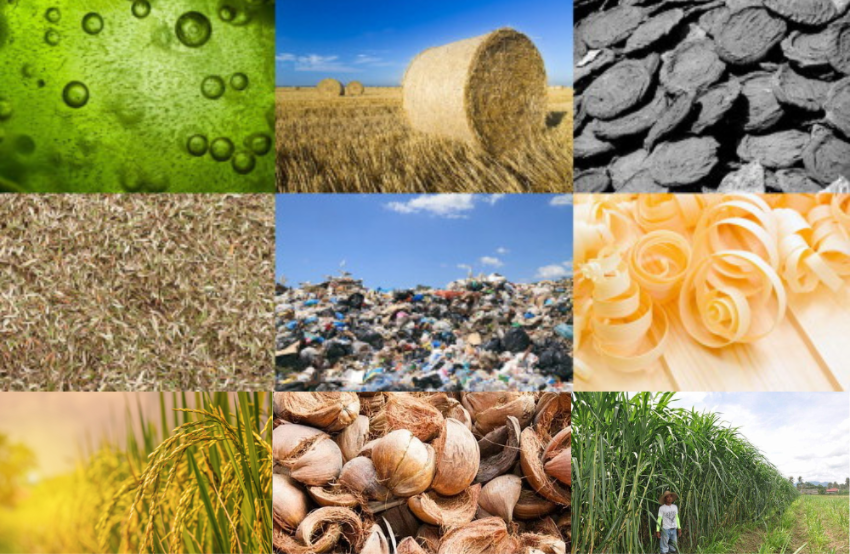Introduction
Transitioning to a Sustainable Future: The Rise of Eco-Fuels. The era of fossil fuels is reaching a critical point. As climate change accelerates and renewable energy becomes a pressing concern, bioethanol and other liquid eco-fuels have emerged as pivotal players in the transition to a more sustainable future. This article aims to discuss the rising role of eco-fuels and the implications for tomorrow’s world.
What Are Eco-Fuels?
Eco-fuels are alternative fuels produced from organic matter, including corn, sugarcane, and even algae. They consist of bioethanol, biodiesel, and other types of biofuels. Unlike fossil fuels, which take millions of years to form, eco-fuels can be produced from resources that are renewable within a human timeframe.
Carbon-Neutral Nature
One of the significant advantages of eco-fuels lies in their nearly carbon-neutral profile. They release only the carbon dioxide that the plant matter absorbed during its growth phase. This contrasts starkly with fossil fuels, which release carbon that has been stored underground for millions of years, contributing to the greenhouse effect and climate change.
Technological Advancements
The commercial viability of eco-fuels has seen significant improvements through technological advancements. Innovations in processing methods have reduced costs and increased the energy output of these fuels. Moreover, developments in engine technology mean that vehicles can now utilize eco-fuels more efficiently than ever before.
The Criticisms and Challenges

Eco-fuels are not without their criticisms. First, the agricultural practices associated with large-scale biofuel production can lead to deforestation and a loss of biodiversity. Second, while eco-fuels emit fewer greenhouse gases compared to fossil fuels, they are not entirely emission-free. Third, competition for land use can result in food vs fuel debates, affecting food security in certain regions.
The Future Landscape
The place of eco-fuels in tomorrow’s world is contingent upon many variables, including technological breakthroughs, policy decisions, and global energy demands. They offer a promising yet complex solution for reducing the world’s carbon footprint. As we look forward to cleaner methods of energy production, eco-fuels provide an important and versatile option that can complement other forms of renewable energy like wind and solar power.
Conclusion
Transitioning to a Sustainable Future: The Rise of Eco-Fuels. The future of eco-fuels is fraught with both promise and challenges. As society grapples with an increasing need for renewable energy, bioethanol and other eco-fuels present an opportunity to significantly reduce carbon emissions and diminish our dependence on fossil fuels. However, achieving this potential will require balanced and responsible approaches, including sustainable agricultural practices, technological innovation, and thoughtful policymaking.



